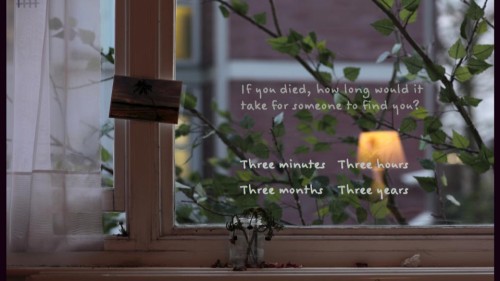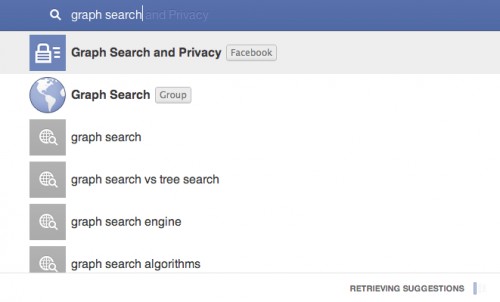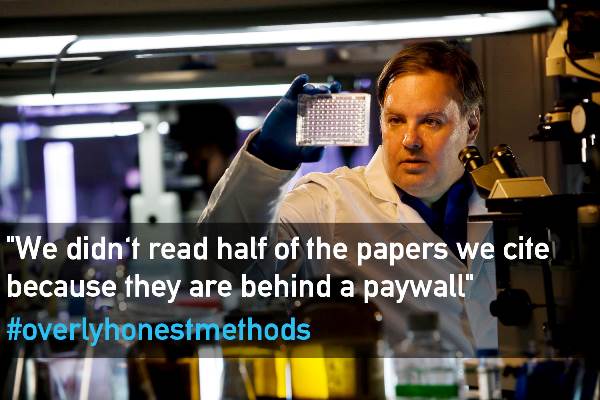
People, I am certain, use Snapchat in myriad ways and for all kinds of reasons. Surely, people use the disappearing-message app to document juicy gossip, send goofy but not save-worthy photos, cheat on an exam, share an inside joke, engage in insider trading, or co-view a sunset in the fleeting moment in which the red-purple sky loses its light. I especially like Nathan Jurgenson’s deeply theoretical and thought provoking analysis of Snapchat in terms of image scarcity and abundance. And yet, when I think about Snapchat, my mind always goes to the same, possibly immaturity-induced, place: sexting.
Sexting, made particularly famous by such figures as Tiger Woods, and Anthony—I can’t believe this is your real name—Weiner, is the act of sending illicit images of oneself and/or erotic messages via SMS. Humans are sexual, and have long engaged the technologies of the time in their erotic practices (if you don’t believe me, read James Joyce’s pen-and-paper love letters to his wife).Despite moral panics surrounding sexting (especially among *gasp* teenagers) the problem with this phenomena has less to do with erotic communication, and more to do with the medium of erotic communication coupled with the affordances and dynamics of networked publics. Snapchat is a technological solution to the problem, but one with unique—possibly problematic in a different way—implications of its own. more...









